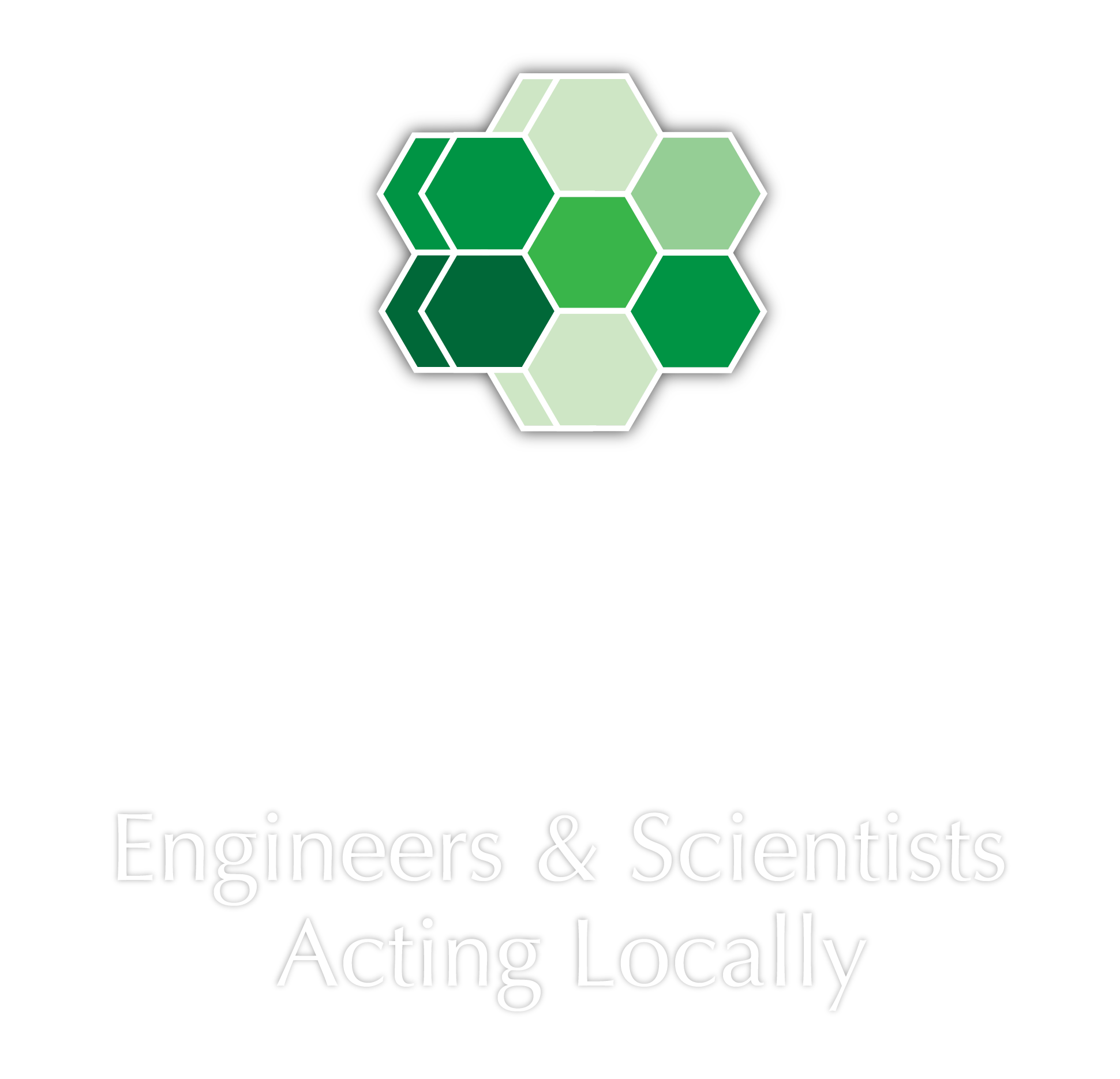“Policy entrepreneurs” often fly under the radar, developing policy ideas to solve problems over decades and surfacing with solutions at just the right moment. Researchers, engineers, consumer advocates, clinicians, civil servants, or community organizers—policy entrepreneurs are innovators who pull together ideas and supporters to accomplish what they could not on their own: a system for […]


